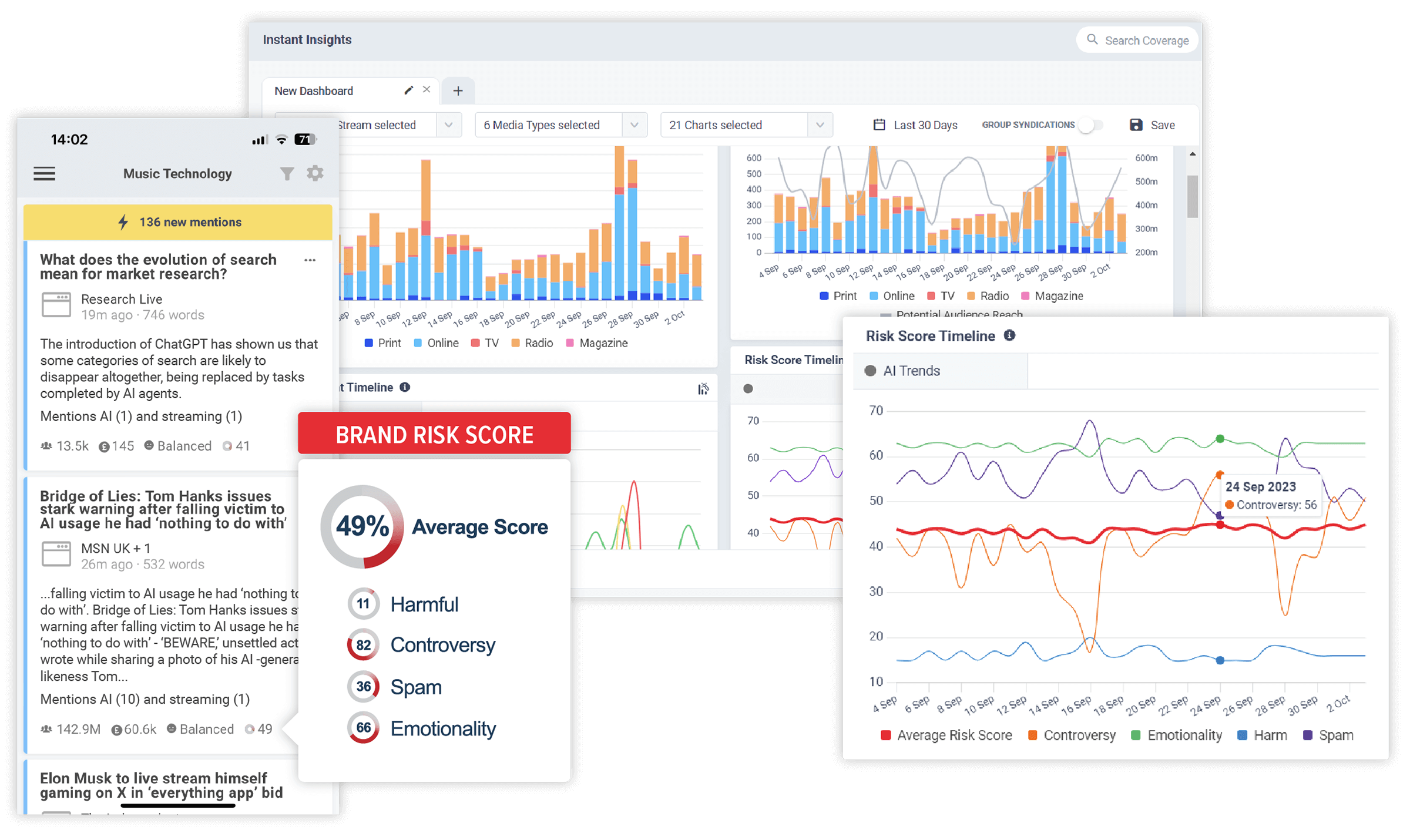About
Bio
Provides plant scientists with information on developments in the fields of biochemistry, bioenergetics, cell biology, development, genetics, molecular biology and physiology and structure in relation to function. Covers multicellular plants and plant-like microorganisms including algae, blue-green algae and fungi.
Email
email@cision.one
Website
site@cision.one
Social media




Location
United States of America
Frequency
upgrade
Circulation
upgrade
Sectors
Biochemistry & Biophysics, Biology, Genetics, Physiology
Bio
Provides plant scientists with information on developments in the fields of biochemistry, bioenergetics, cell biology, development, genetics, molecular biology and physiology and structure in relation to function. Covers multicellular plants and plant-like microorganisms including algae, blue-green algae and fungi.
Website
Social media
Location
Frequency
Circulation
Sectors
Biochemistry & Biophysics, Biology, Genetics, Physiology
Most recent articles by Plant Science
Lorem ipsum dolor sit amet, consectetur adipiscing elit
Article description
Lorem ipsum dolor sit amet, consectetur adipiscing elit
Article description
Lorem ipsum dolor sit amet, consectetur adipiscing elit
Article description
Explore outlets similar to Plant Science
-
SScience
Founded in 1880, with seed money from Thomas Edison, Science continues to be at the center of the very best in research across the sciences, with articles that consistently rank among the most cited in the world. Science articles are peer-reviewed, and written to appeal to both scientist and layman. Regular issue features include a news and comment section, book reviews, and coverage of scientific meetings and seminars. The News section features late-breaking news and in-depth news analysis. Compass, an opinion section, publishes letters and commentary by scientists on current science issues. The TechSight section focuses on leading edge techniques and technologies. Topics include: bioinformatics, genome sequencing, and protein sequencing. This section is published in the third issue every month. The Research section features original investigative research and reporting. Other departments include NetWatch, This Week in Science, ScienceScope, Random Samples and New Products.
ViewSScientific AmericanEstablished in 1845, Scientific American remains the oldest continuously-published magazine in the United States. Redesigned in October 2010, the publication covers the most important and exciting research in science, health, technology, the environment, and society, exploring important ideas often months and years before other media recognizes their importance. The magazine publishes 15 foreign language editions, and regular sections include Forum, which provides a platform for external experts to comment on science policy; Science Agenda, where editors can discuss different science issues; and Insights, which profiles a scientist or researcher and analyzes their contribution to society. Other sections include Anti Gravity and Skeptic. Regular columns include The Science of Health and TechnoFiles. Publicists should feel free to pitch anytime, although they should avoid pitching individual products or new company officer announcements. They should focus on science-based stories that are better told by a journalist than an expert.
ViewNNew ScientistNew Scientist is one of the world’s most popular weekly science and technology publications. The weekly print magazine covers international scientific news and explores big-picture questions about life, the universe, and what it means to be human. Founded in 1956, it presents reporting on cutting-edge research, thoughtful features, and fresh ideas from across science and technology — from artificial intelligence to human health and fundamental physics.
ViewIIndustry DiveIndustry Dive is a Business news publication that takes a deep dive into 16 of the most competitive industries. Industries included on website: BioPharma, CIO, Construction, Education, Food, Grocery, HR, Healthcare, Marketing, MedTech, Restaurant, Retail, Smart Cities, Supply Chain, Utility, and Waste.
ViewGGenomeWebThis is the online home for all GenomeWeb LLC outlets. It provides links to newsletter sections. It covers news and trends in the world of genomics which focuses on biotech, science, healthcare and medicine. It includes information on enterprise bioinformatics, high-performance computing, genomic data and database integration, DNA amplification and sequencing, genome assembly and gene prediction. The outlet offers RSS (Really Simple Syndication).
ViewUse CisionOne to find more relevant outletsExplore journalists that write for Plant Science
-
T
-
E
-
E
Contact us to find more relevant journalistsDiscover the stories that impact your brand. In realtime.
CisionOne delivers relevant news, trends and conversations that matter to your brand with the world’s most comprehensive media monitoring service across Print, Online, TV, Radio, Social, Magazines, Podcasts and more.

